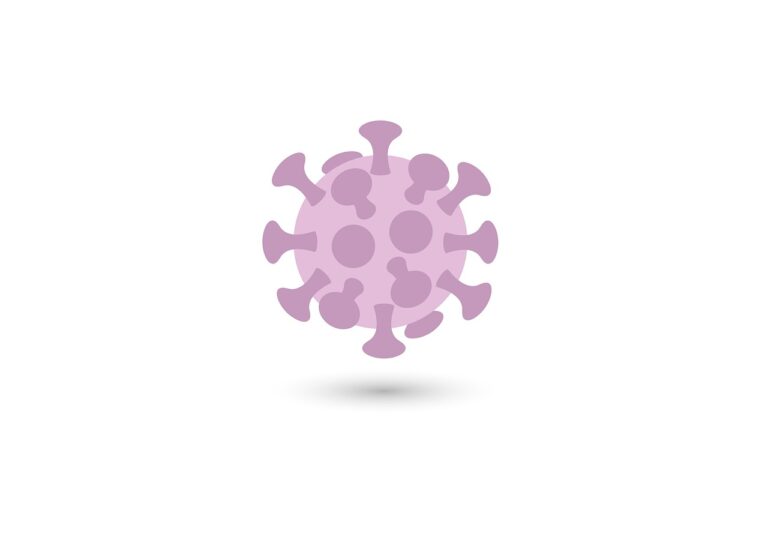CRISPR-Based Diagnostics: Rapid and Accurate Disease Detection: Golden exchange, Cricbet99, King567
golden exchange, cricbet99, king567: CRISPR-Based Diagnostics: Rapid and Accurate Disease Detection
In recent years, CRISPR technology has revolutionized the field of molecular biology. Originally used as a tool for gene editing, CRISPR has now found a new application in diagnostics, offering rapid and accurate disease detection. This innovative technology has the potential to transform the way we diagnose and treat a wide range of illnesses.
What is CRISPR-Based Diagnostics?
CRISPR-based diagnostics utilize the CRISPR-Cas system to detect specific nucleic acid sequences in a sample. By programming the CRISPR system to target a particular DNA or RNA sequence associated with a disease, researchers can accurately identify the presence of the pathogen within minutes. This approach offers a faster and more precise alternative to traditional diagnostic methods, such as PCR and ELISA.
How Does CRISPR-Based Diagnostics Work?
The CRISPR-Cas system uses guide RNAs to target a specific DNA or RNA sequence in the sample. When the target sequence is present, the Cas enzyme cleaves the nucleic acid, resulting in a detectable signal. This signal can be amplified using various techniques, such as fluorescence or lateral flow assays, to provide a visible readout of the test results.
Advantages of CRISPR-Based Diagnostics
1. Speed: CRISPR-based diagnostics can deliver results in a matter of minutes, allowing for quick decision-making in clinical settings.
2. Sensitivity: The highly specific nature of the CRISPR-Cas system enables the detection of low concentrations of pathogens in a sample.
3. Accuracy: CRISPR-based diagnostics have been shown to be highly accurate, with minimal false positives or negatives.
4. Versatility: CRISPR technology can be adapted to detect a wide range of pathogens, including viruses, bacteria, and fungi.
5. Cost-effectiveness: Compared to traditional diagnostic methods, CRISPR-based tests are cost-effective and scalable.
Applications of CRISPR-Based Diagnostics
CRISPR-based diagnostics have been used to detect a variety of infectious diseases, including COVID-19, Zika virus, and influenza. In addition to infectious diseases, CRISPR technology can also be applied to cancer detection, genetic testing, and environmental monitoring. The versatility of CRISPR-based diagnostics makes it a valuable tool for a wide range of applications in healthcare and beyond.
FAQs
1. Are CRISPR-based diagnostics approved for clinical use?
While CRISPR-based diagnostics are still relatively new, several tests have received emergency use authorization from regulatory authorities for COVID-19 testing.
2. How accurate are CRISPR-based diagnostics compared to traditional methods?
Studies have shown that CRISPR-based diagnostics can achieve similar or higher levels of accuracy compared to traditional methods.
3. Can CRISPR technology be used for at-home testing?
There are ongoing efforts to develop CRISPR-based tests for at-home use, which could revolutionize self-testing and monitoring for various diseases.
In conclusion, CRISPR-based diagnostics offer a promising approach to rapid and accurate disease detection. With its speed, sensitivity, and versatility, CRISPR technology has the potential to transform the way we diagnose and manage health conditions. As research in this field continues to advance, we can expect to see even more applications of CRISPR-based diagnostics in the future.







